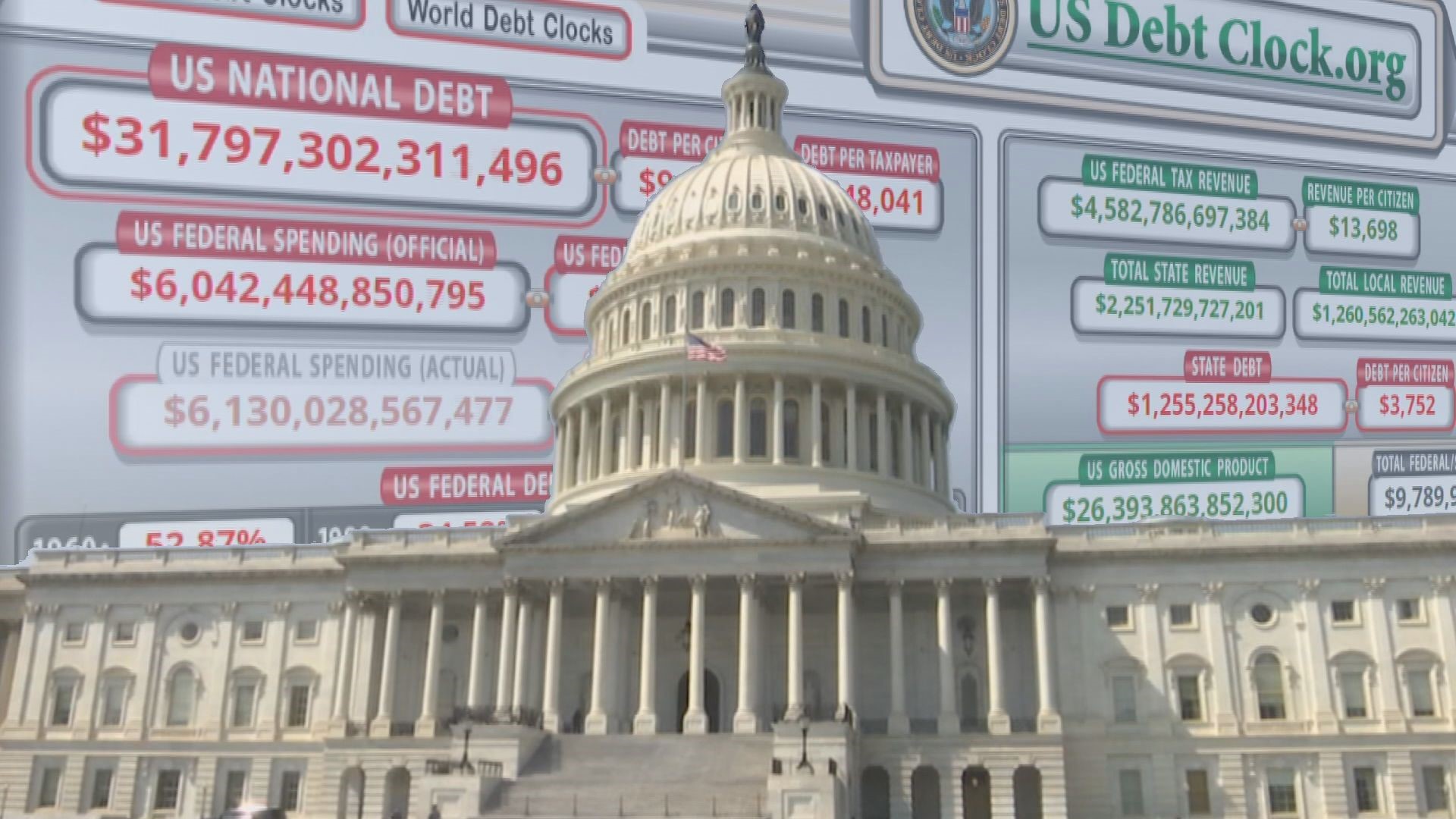PENNSYLVANIA, USA — Time is running short for congressional leaders to avoid a default.
"If they don't do the song and dance, it's going to become very critical, very important, and very damaging quickly," warned Dr. Fariborz Ghadar from Penn State University's Smeal School of Business.
Dr. Ghadar says that a scenario in which the federal government runs out of cash would be damaging to Pennsylvania.
"Pennsylvania is dependent on government payments, and if those government payments go away that's going to have a really significant damaging effect on the economy," Dr. Ghadar said. "The economy slows down, jobs will be lost."
An estimate from financial services company Moody's Analytics shows Pa. would lose more than 200,000 jobs in the event of a prolonged breach of the debt ceiling.
Unfortunately, a default would cost more than jobs; a wide range of things across the state are paid for with federal money.
"There're payments for roads, there're payments for hospitals, there're payments for medical care," Dr. Ghadar expressed. "[These] payments come from the government."
Those issues would also trickle into the private sector.
"That will have a secondary effect on companies. Companies will panic," Dr. Ghadar said. "Companies won't hire people, [and they] won't know what's going to happen to the goods and services that they provide."
He does, however, believe a deal will be reached.
"I honestly believe that at the end of the day, you know, logic will prevail," Dr. Ghadar assured FOX43. "I think at the end of the day, they're gonna basically raise the debt level and pay whatever has to be paid."
Dr. Ghadar says the delay on a deal is likely a way for politicians on both sides of the aisle to get political mileage out of the situation.
"I just can't believe that are leaders that are going to be that stupid, excuse the language, to play with such a such a critical manner," Dr. Ghadar said.
Just this week, U.S. Senator John Fetterman joined a coalition of lawmakers calling on President Biden to use the Constitution to raise the debt ceiling without Congress.
They argue section four of the 14th Amendment gives the Department of Treasury the power to borrow more money than the debt limit.
The president says that option is currently off the table.

